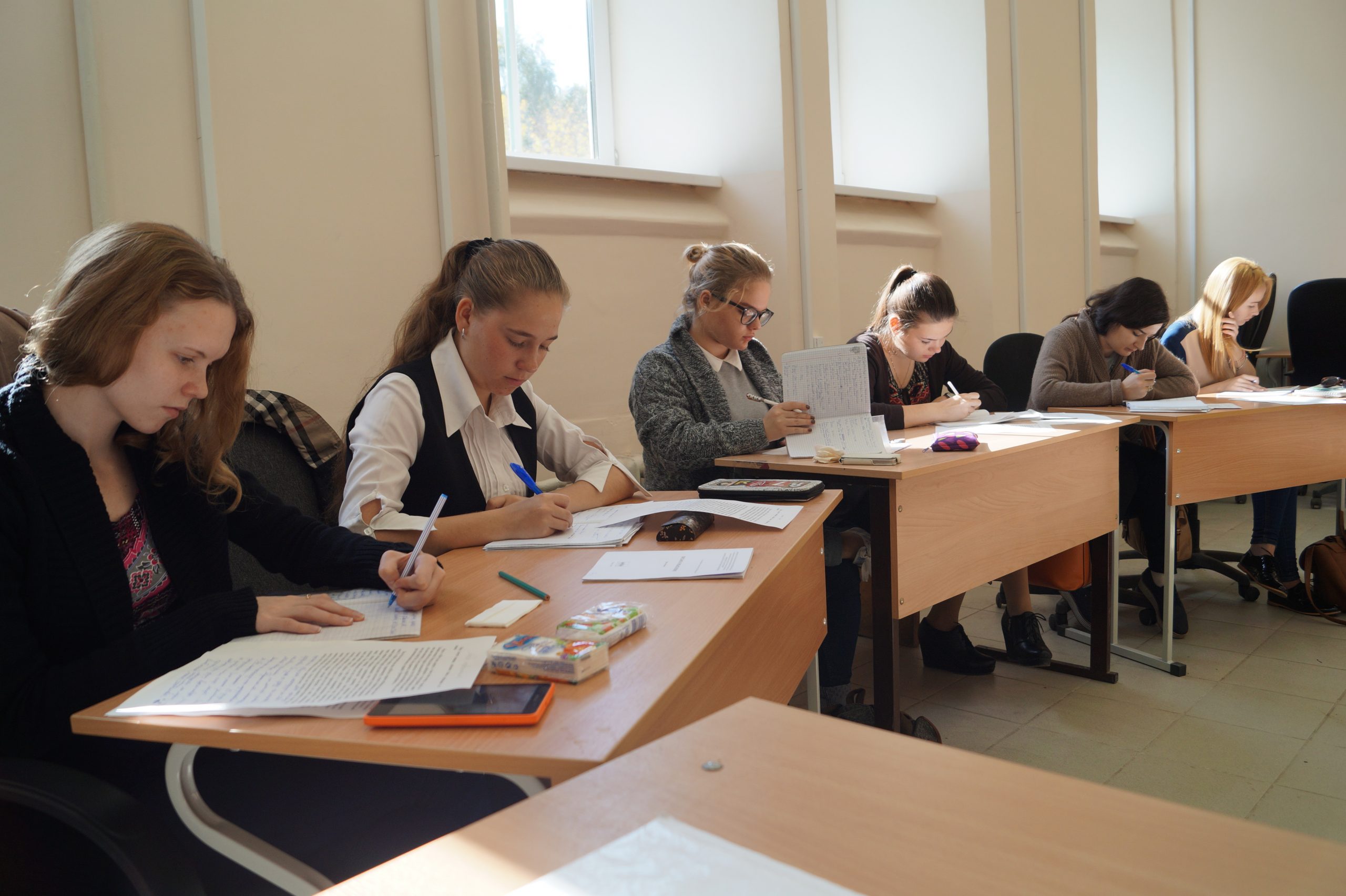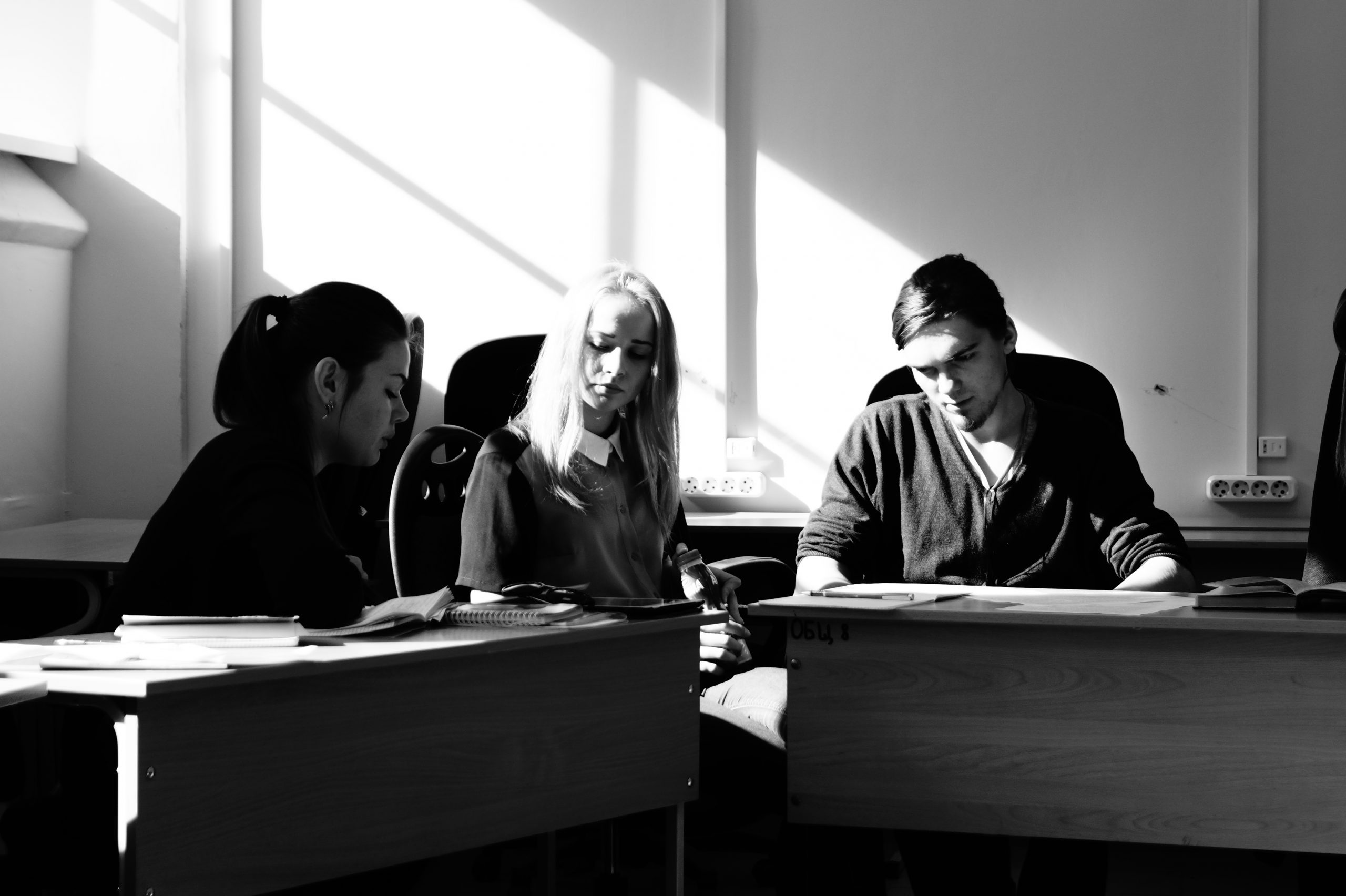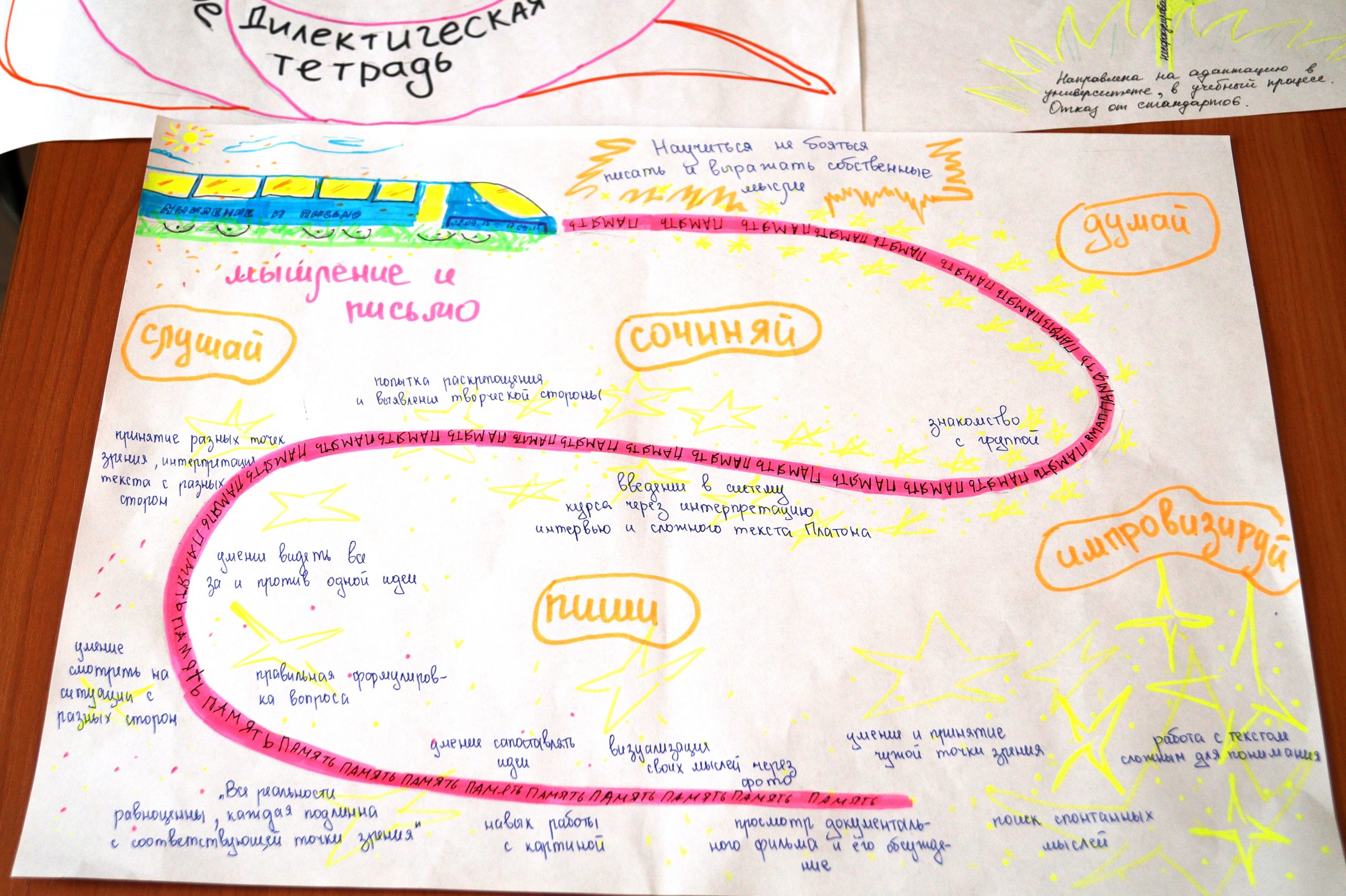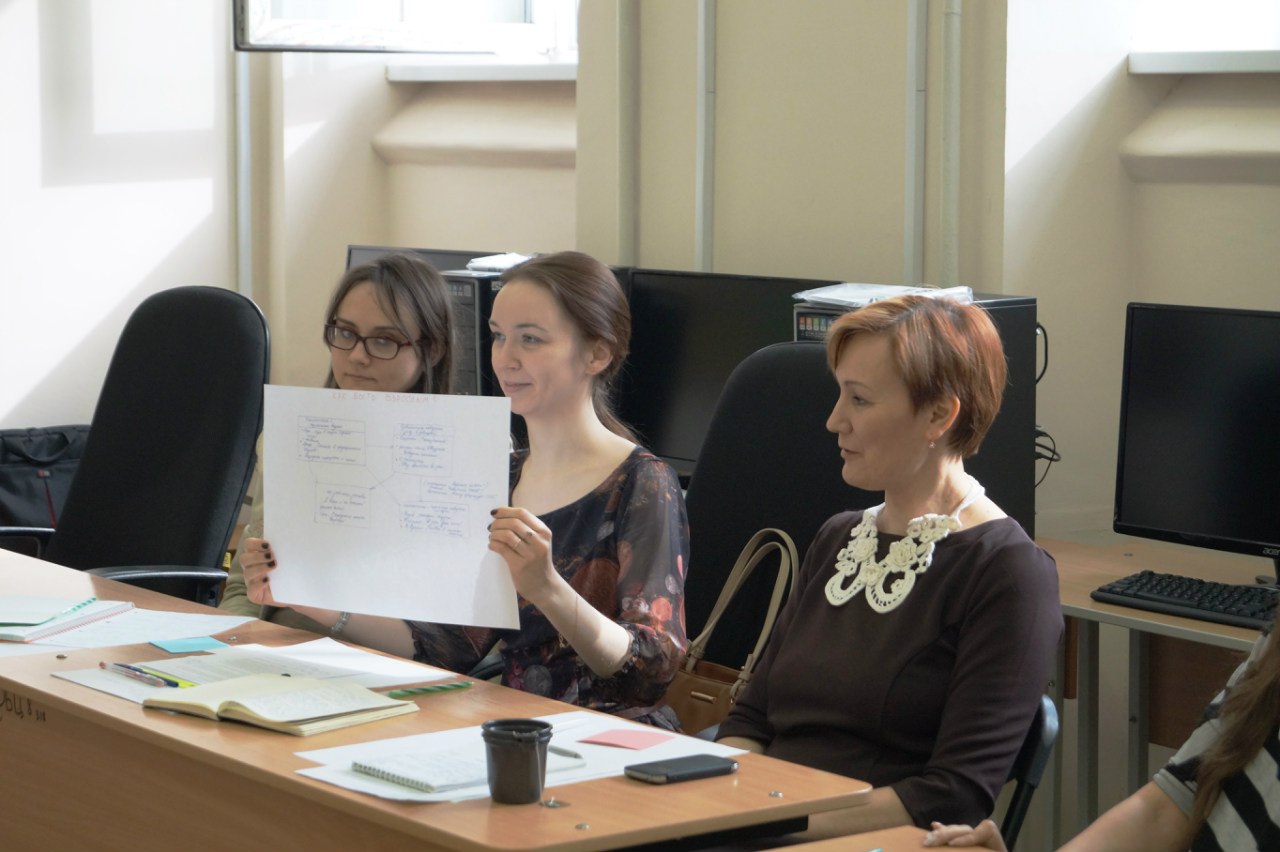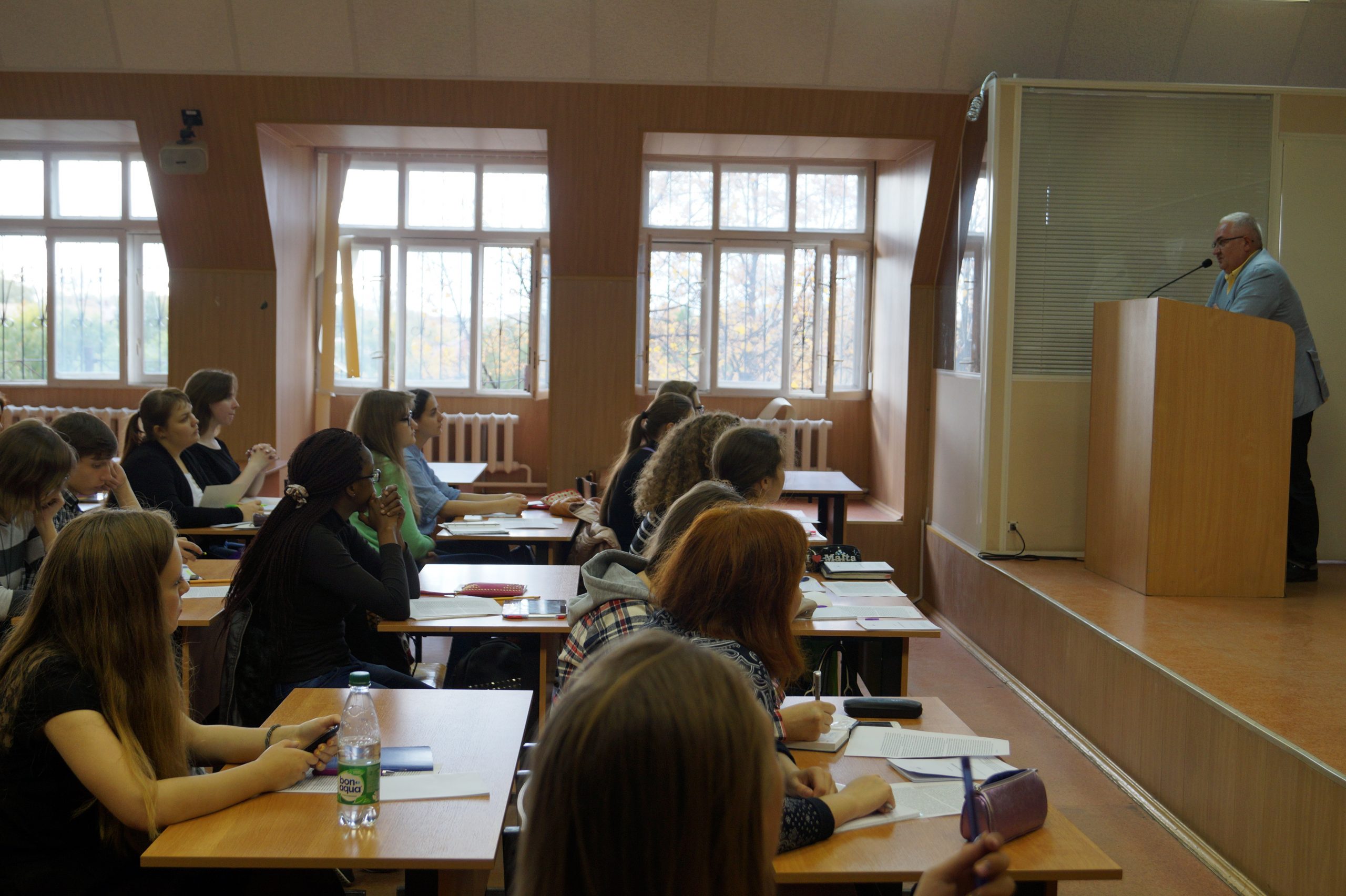Education and Human Society
Territorial Public Self-Government (TPGS) and Its Impact on Local Economy and Communities
• Studying public involvement in local governance and participative management in municipal governance
• Researching local communities and their role in territorial development
• Studying self-organizing communities in local territories
• Analyzing local non-profit organizations
• Exploring the role of public initiatives in municipal development
territorial public self-government, public administration, local communities, public involvement, self-organization of population, local government
contact
Mikhail Mukhin
Senior Lecturer
cseed@mail.ru
SPIN-code: 7263-2765, AuthorID: 390873
ORCID 0000-0003-0799-678X
Research and Methodological Center of Writing and Critical Thinking (RMC)
The aim of the Center is to run research and methodological activities to develop students’ writing skills and critical thinking
The main objectives of the Center are as follows:
1. Creating, implementing and promoting various educational techniques, as well as getting students’ feedback
2. Providing methodological recommendations for testing and implementing didactic techniques facilitating quality of education
3. Assessing psychological and didactic impacts of learning techniques
The main activities of the Center are as follows:
1. Research and practical solutions in social and human sciences (applied research, exploratory experimentation)
2. Development and dissemination of research, didactic and methodological manuals
3. Raising awareness and implementing extra-curricular courses (as a part of undergraduate and postgraduate programs, as well as advanced training courses for adults)
4. Arranging scientific and methodological events on current issues of education
5. Cooperating with research, educational and public organizations, legislative and executive authorities, media, foreign and international organizations, other legal entities and individuals
critical thinking, writing, writing practices, text
contact
Yulia Vetoshkina
PhD in Cultural Studies
Head of the Center
Associate Professor
kame-yuliya@ya.ru
Ekaterina Ignatova
PhD in Psychology
Head of the Department of Clinical Psychology, Associate Professor
131013@mail.ru
Inter-elite Relationships in Local Communities under Transformation or Consolidation of Perm Krai Municipal Bodies
• Studying local elites within five municipal bodies of Perm Krai, being transformed. Among the first in the list of Russian territories, Perm Krai practiced wholescale integration of municipal lands and their institutions into a new type of bodies, i.e. municipal districts
• Determining the features of inter-elite relationships in local communities of Perm Krai, identifying key issues and misfunctions associated with the process of municipalities’ integration.
• Applying the structural approach that incorporates a set of location-based, decision-making, reputation-based and socio-metric methods of study. Data is collected via in-depth interviews with representatives of local elites
local government, municipal government, local elites, transformation (consolidation) of municipal bodies
contact
Gleb Krasilshchikov
Senior lecturer
krasilshchikov@gmail.com
ORCID 0000-0002-7342-589X
ResearcherID M-6092-2018
Study of Skill-growing Capacity at Various Levels of Teaching Natural Science and Mathematics
• Studying personal progress of a student at all levels of education, including natural science and mathematical disciplines
• Identifying the terms for the formation of nonlinear (synergistic) way of thinking with students of different levels
• Allowing a person to navigate and act responsibly in a rapidly changing and non-linear world that is vulnerable to little transformation
• Encouraging a student to use existing modern technologies and master new ones, and self-improve
• Studying the issue of training a teacher capable of forming students’ nonlinear (synergetic) thinking within natural science and mathematics
• Encouraging teachers’ self-education and professional self-improvement
natural science and mathematics; developmental education; student-centered learning; individual educational plans; nonlinear (synergetic) thinking.
contact
Lidia Shestakova
PhD in Pedagogical Sciences
Associate Professor
shestakowa@yandex.ru
https://www.researchgate.net/profile/Lidia-Shestakova
ORCID: https://orcid.org/0000-0002-6823-4511
Scopus ID: 57190008259, https://www.scopus.com/authid/detail.uri?authorId=57190008259
Researcher ID: F-4318-2019; https://www.webofscience.com/wos/author/record/1375786
AuthorID: 480850; https://elibrary.ru/author_items.asp?authorid=480850
Public Policy and Multi-Level Governance in Modern World
Studying cross-level interaction within the context of regionalization, localization and globalization processes, involving different types of actors into these processes and concerning the following aspects:
• local politics
• urban studies within sociopolitical processes
• electoral politics
• identity politics, as well as intelligible and ideological aspects and trends in politics
• issues of ethnic and language minorities
• regionalism and regional politics
• migration issues
• public ecology
public policy, multi-level governance and politics
contact
Nadezhda Borisova
Doctor of Political Science
Dean of the Faculty of History and Political Science
Professor
borisova_nv@psu.ru
Konstantin Sulimov
PhD in Political Science
Head of the Department of Political Science
Associate Professor
k.sulimov@psu.ru
Lifeworlds under Conditions of Territorial Modernization
• Determining the role of modernization projects (implemented by administrative bodies, business, industrial enterprises) in social and cultural development of territorial communities, building up and actualizing human capacity of territorial entities
• Building lifeworlds of settler communities via participation of residents in social projects done by administrative bodies, business, industrial enterprises
• Defining the influence of social and cultural risks, i.e. limitations in development of a lifeworld within territorial entities
• Studying characteristics of social and cultural space of municipal divisions, identifying recent trends of social progress in territory-based societies
lifeworld, modernization, territorial entities, social and cultural risks
contact
Elena Plotnikova
PhD in History
Head of the Department of Sociology, Associate professor
Plotnikova1958@yandex.ru
0000-0003-3599-5215
Managing Balanced Development of Regional Social and Economic Systems
• Forming a concept, methodology and tools to manage balanced development of a territory
• Incorporating methods of systemic, institutional and gender analysis, economic and mathematical modeling, stakeholder and interdisciplinary approaches
• Considering factors that ensure balanced territory development based on the interests of all economic agents, i.e. government, business and society
• Improving the efficiency of human capital use by
◦ eliminating gender discrimination and negative cyclical processes
◦ facilitating inclusive economic growth
◦ improving quality of an institutional system
◦ reducing spatial differentiation
◦ accelerating the non-profit sector
◦ improving municipal services
◦ ensuring sustainable development of the higher education system in a territory
interests of economic agents, sustainable development, gender, inclusive economic growth, human capital, development cycle
contact
Elena Bazueva
Doctor of Economics
Professor
bazueva.l@mail.ru
http://orcid.org/0000-0002-0945-3597
Waste Management System in Arctic Zone
• Building circular economy in Arctic regions
• Shaping criteria and parameters of circular economy operation under extreme conditions
• Sharing experience in creating an effective waste management system in the Arctic zone
• Exploring relevant issues of international and interregional cooperation in Arctic territories
• Studying the role of business and civil society in achieving sustainable development and solving social and environmental problems of subpolar territories
• Enhancing regional capacity of the Arctic zone including ways of capitalization, sustainable use and effective reproduction
circular economy, regional policy, Arctic zone, international cooperation in the Arctic, production and consumption waste
contact
Vyacheslav Stolbov
PhD in Geography
Associate Professor
Stolbov210857@mail.ru
ORCID: https://orcid.org/0000-0002-9166-5133
Researcher ID: AAC-9473-2020;
SPIN-код: 1762–4189;
AuthorID: 118820
Digital Anthropology and Artificial Intelligence
• Exploring the opportunities of forming a decent human aspect of digitalization using methods of human sciences
• Studying positive and negative impact of digitalization on social and economic processes, and people
• Aiming to overcome depersonalization tendency, i.e. turning a human into an intellectual agent or ‘pseudo-subject’ of the digital environment
• Exploring the ignored aspects of the digitalization to use it in favour of human progress beyond the fear of technology
• Enhancing human-oriented, yet not manipulating potential of digital technology for its effective use.
• Defining social, cross-professional and trans-professional competencies that stimulate effective implementation of digitalization projects
• Developing digital competencies that become especially relevant to address the issue of information security
digital anthropology, artificial intelligence
contact
Alexander Vnutskikh
Doctor of Philosophy
Vice-dean for Research, Professor
avnut@inbox.ru

